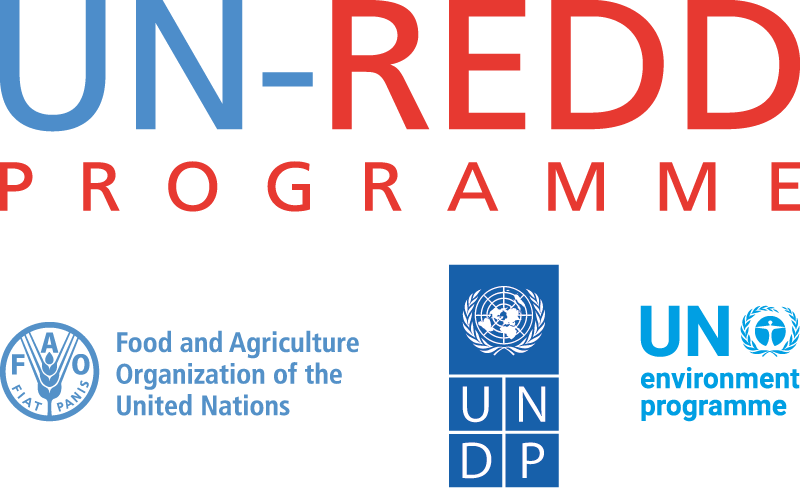
PIVOTING TO VIRTUAL: UN-REDD PILOTS ONLINE PARTICIPATORY PROCESSES DURING COVID-19
Social inclusion and stakeholder engagement are cornerstone elements of UN-REDD’s support for national REDD+ processes. However, in the wake of COVID-19, many forest conservation and REDD+ related engagement efforts and events have been canceled, postponed, or pushed online.
With in-person consultations, dialogues, and meetings Iimited for the foreseeable future, virtual events have been carried out under UN-REDD supported projects in several countries, with project activities that require fieldwork and visits to communities also moving online.
Virtual dialogues engaging indigenous peoples on climate change and forest projects in Colombia, Ecuador, and Peru have highlighted differences between online and in-person meetings. Some lessons learned from the past year of virtual dialogues include the need to understand barriers to participation, including any language and literacy barriers, and then to design and implement the meeting to ensure active participation. In some cases, this could mean disseminating information over the radio where stakeholders have limited access to computers, the internet, or cellular technology.
Since March 2020, UN-REDD has supported virtual spaces and facilitated online dialogues in Colombia with the purpose of setting up the preconditions to advance into a more formal process of consultation and validation for the National Indigenous Environmental Council. More than 20 virtual meetings took place last year and served as a good avenue for reaching agreements and commitments on both sides.
With the pandemic exacerbating gender inequalities and increasing vulnerabilities for marginalized groups, including women and indigenous peoples, UN-REDD has ensured that online meetings and missions integrate an inclusive gender perspective. Interestingly, virtual events supported by the UN-REDD Programme since the onset of the pandemic have seen an increase in women’s participation in some types of online meetings.
According to a recent UN-REDD survey, more than half of both male and female respondents found it easier to participate in these virtual sessions. While both men and women prefer in-person meetings, the majority of respondents working at the local level found the virtual format easier to attend, in part because attending virtually is cheaper, safer, and less time-consuming. However, it is important to note that this is not universally the case. For some participants, the additional costs of data to access online consultations can be a burden, as can be the loss of income from travel stipends that are often available for attendance at in-person events.
Adapting to this new modus operandi, event organizers, facilitators, and participants have observed that the use of small breakout groups, led and guided by a facilitator, can help ensure that participants have an opportunity to speak, as can the use of pre-recorded training or recorded live training that allow participants to undertake training when it works for their schedule. Additional lessons include: promoting gender-equitable involvement and knowledge sharing through the use of both male and female facilitators, speakers, and presenters; liaising with local and national women’s groups to see what types of barriers women face during online consultations and to source possible solutions to overcoming these obstacles; and using diverse online platforms, such as WhatsApp, that work well via smartphone and use less data than other applications.

